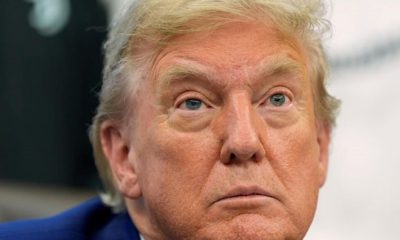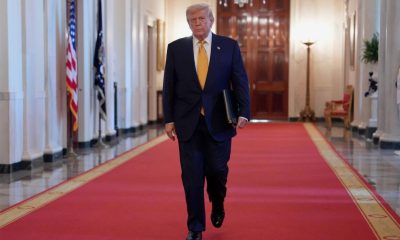With statutory health insurance contributions set to increase in January 2026, we look at how the proposed increases could affect your wallet – and what steps you can take to keep the financial impact to a minimum.
Foreign residents in Germany are facing significant changes to their health insurance contributions from January 2026, following warnings from statutory health insurance providers (Gesetzliche Krankenversicherung, GKV) and recent government announcements.
Here’s what you need to know about the projected increases, who will be affected, and what you can do to manage the impact.
Why are health insurance costs rising?
Germany’s statutory health insurance providers have sounded the alarm over rising costs.
The main drivers are escalating healthcare costs, demographic changes, and increased pension expenses, which threaten the long-term financial stability of the system.
Despite a pledge by the government to subsidise the system to the tune of roughly two billion euros in 2026, and thus stabilise contributions, the National Association of Statutory Health Insurance Funds (GKV Spitzenverband) has stated that these measures are “unlikely to be sufficient to prevent additional contribution increases in 2026”.
READ ALSO: What are my options for private health insurance in Germany?
Advertisement
When will the rise take effect?
The GKV Spitzenverband, Techniker Krankenkasse (Germany’s largest statutory health insurer) and other major associations have all issued warnings about the impending increases.
Insurers are expected to announce concrete figures at the beginning of December, with the rise in contributions set to come into force from January 2026.
It’s important to note that not all insurers are expected to increase their premiums by the same amount. Some may even decide not to raise contributions.
This means that switching to a cheaper health insurance company could potentially save you several hundred euros a year.
When a statutory insurance provider raises its additional contribution (Zusatzbeitrag), members have a two-month notice period during which they’re permitted to switch providers.
Advertisement
How much will contributions increase by?
The average additional contribution to statutory health insurance has already risen sharply in 2025, reaching around 3.1 percent – up from 2.5 percent at the start of the year and just 1.7 percent in early 2024.
For 2026, experts at the research and consultancy IGES Institute forecast that the average additional contribution could rise to 3.3 percent.
READ ALSO: How health insurance works for children in Germany
Finanztip, an independent provider of consumer advice and financial information, has calculated how much contributions would rise based on an additional contribution of 3.1 percent compared to 2.5 percent.
According to these calculations, an employee with a monthly gross income of €4,000 would have €100 less net per year. With a gross income of €5,000, the loss would rise to around €120 per year.
Finanztip’s examples are illustrative; the exact cost in euros for individuals will vary depending on tax brackets and how contributions are shared between the employer and the employee.
Starting in 2026, the Beitragsbemessungsgrenze – the maximum income on which contributions to statutory health and long-term care insurance are calculated – will increase from €66,150 to €69,750 annually, or from €5,512.50 to €5,812.50 monthly.
In simple terms, this means that if you earn less than this amount, your health insurance contributions are calculated based on your full income.
READ ALSO: The check-ups you can get in Germany with statutory health insurance
If you earn more, contributions are only required up to this capped income amount, meaning the excess income above €69,750 is not subject to health insurance contributions.
Will the hikes be enough to sustain the system?
Despite the planned increases and government interventions, experts warn that these measures may not be enough to ensure the long-term sustainability of Germany’s health insurance system.
The GKV Spitzenverband has called for further reforms and a more ambitious savings package.
Without structural changes, there is concern that contributions could continue to rise, with total social security contributions potentially exceeding 43 percent of income by 2030.





































